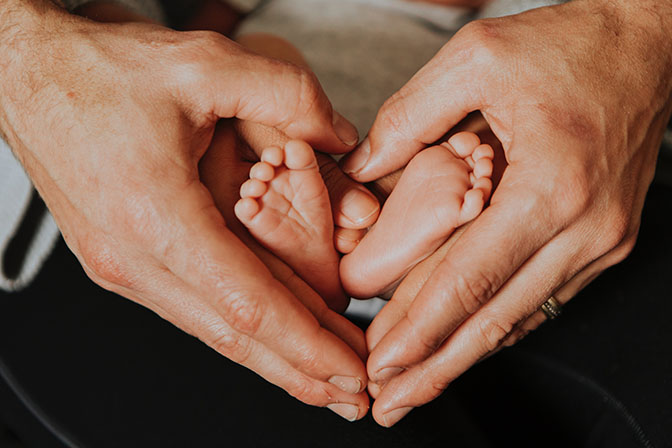 Self-efficacy, derived from Bandura’s social learning theory, is the belief in one’s ability to perform the behaviours required to produce a desired outcome and is considered to be an important determinant of behaviour change (Bandura, 1977).
Self-efficacy, derived from Bandura’s social learning theory, is the belief in one’s ability to perform the behaviours required to produce a desired outcome and is considered to be an important determinant of behaviour change (Bandura, 1977).
People are motivated to attempt behaviour that they feel confident in performing. Those with high self-efficacy who believe they can perform well are more likely to view difficult tasks as something to be mastered rather than to be avoided. People with a strong sense of self-efficacy view problems as challenges to be overcome and they recover quickly from setbacks, while people with a weaker sense of self-efficacy avoid challenging tasks believing them to be beyond their capabilities. Bandura identified four major sources of self-efficacy, the most important being performance mastery. Vicarious experience, social persuasion and emotional arousal are also sources of self-efficacy expectations(Bandura, 1977).
The theoretical underpinning of the TOPSE tool, which is based on self-efficacy theory, is of particular relevance to practitioners who are involved in parenting support work. Programme facilitators can implement and evaluate their practice through the application of parenting self-efficacy, a parent’s belief in their ability to manage and influence the behaviour and development of their children. Through parenting programmes, an opportunity is provided for parents to raise their expectations as a result of mastering positive behaviours, experiencing the success of other parents, and through encouragement from programme facilitators and other parents.
The development of TOPSE, which measures parenting self-efficacy as an outcome of parenting support, is an important stage in the application of theory to practice(Kendall, 1991). TOPSE was developed in response to a need for a robust tool to evaluate parenting programs in the UK.
BANDURA, A. (1977) Self-efficacy: Towards a unifying theory of behaviour change. Psychological Review, 84, 191-215.
KENDALL, S. (1991) A home visit by a health visitor using Bandura’s theory of self-efficacy. IN WHILE, A. (Ed.) Caring for children: Towards partnership with families. London, Arnold.
